12 Things to Know Before Booking a Cruise Shore Excursion
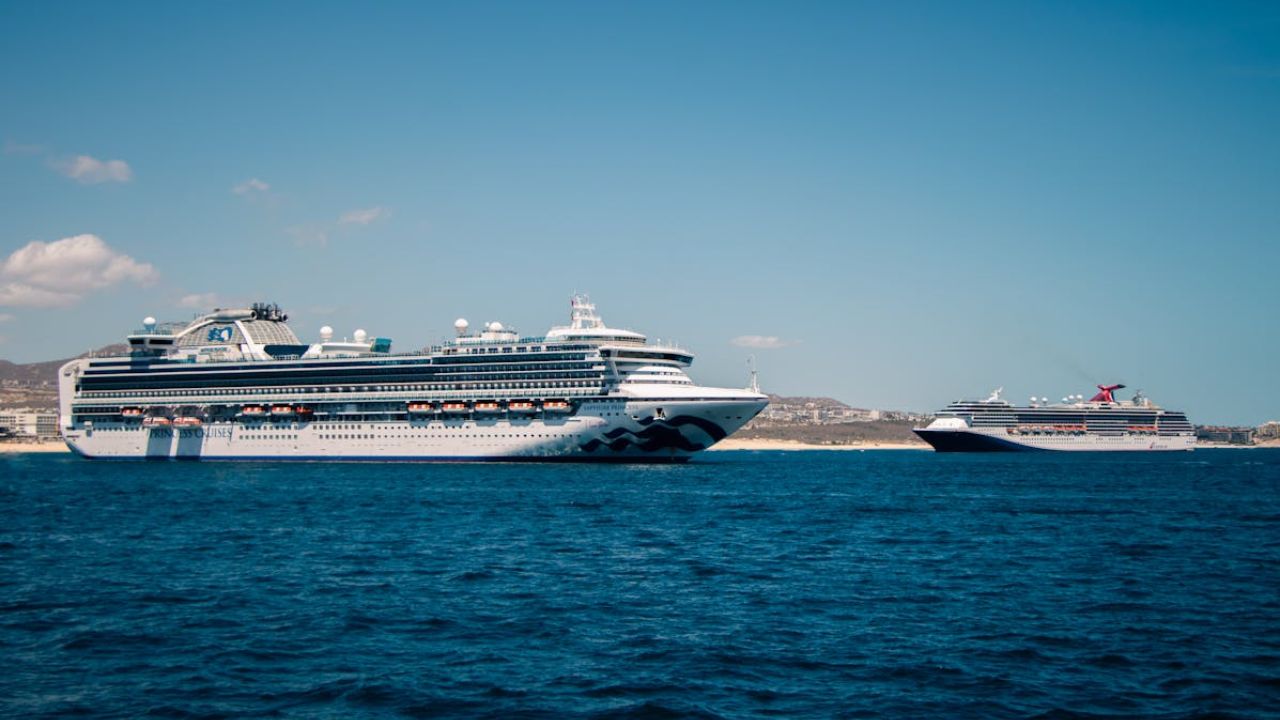
Shore excursions can transform your cruise from a simple voyage into an unforgettable adventure. But booking the right experience takes planning. Whether you’re snorkeling in the Caribbean or exploring European castles, knowing what to expect, and what to avoid, can make or break your day in port. From logistics to budgeting, this guide will help you confidently choose the right excursions, avoid tourist traps, and make the most of your limited time on land. Here’s what every cruiser should know.
Research the Port Ahead of Time
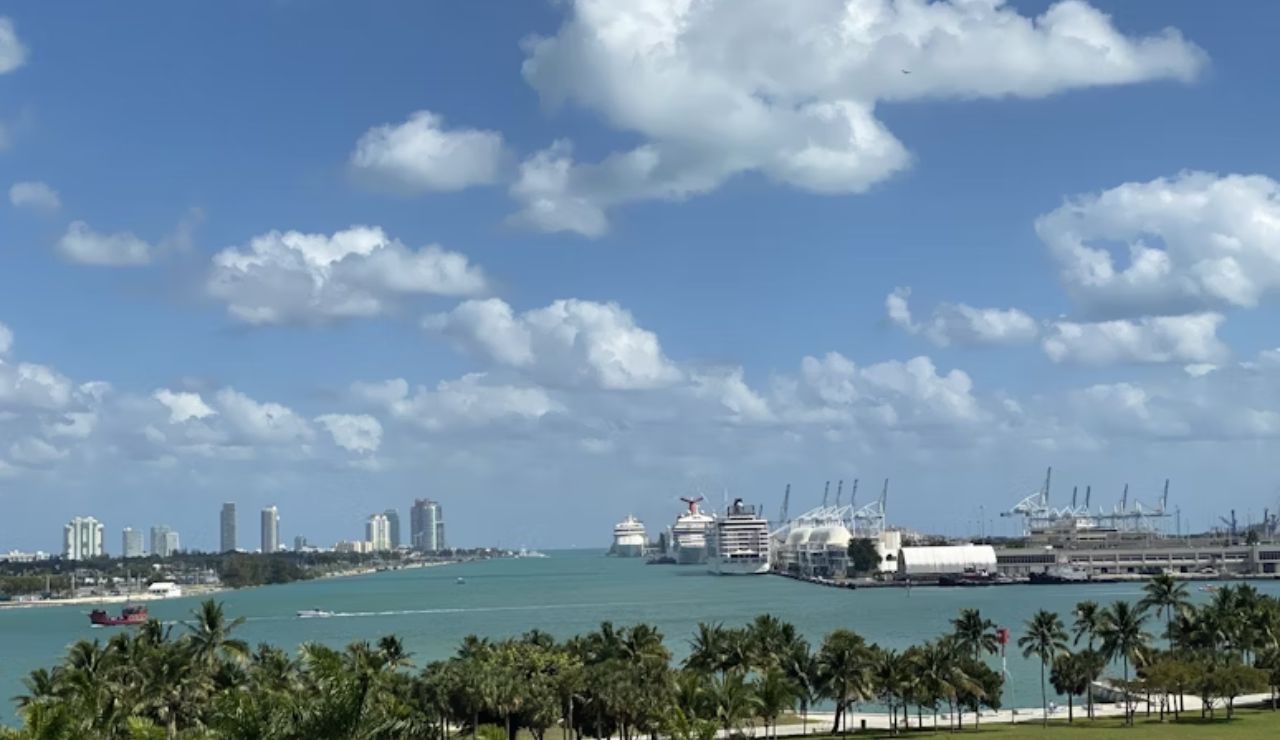
Every port has its own vibe, some offer historic sites, while others shine with nature or beaches. Before booking, look up what the destination is known for. Cruise line excursions give clues, but local blogs, travel forums, and guidebooks can reveal hidden gems or better-priced options. Research also helps you avoid redundant tours or overpriced stops. The more you know about the port, the easier it is to match your interests with the perfect activity.
Know What Type of Activity You Want

Don’t wait until you’re overwhelmed with options to decide. Are you after an adrenaline rush like zip-lining or a calm museum visit? Do you prefer guided city tours or independent hiking? Once you identify your activity type, adventure, culture, food, or relaxation, it’s easier to narrow the list. Keep your energy level, group size, and weather in mind too. Knowing your vibe will save you time, money, and potential regret once you’re off the ship.
Compare Costs Before Booking

Cruise line excursions offer convenience but often at a premium. Many local tour operators provide the same experience for less. However, always factor in what’s included, some private tours exclude entrance fees or lunch. If you’re traveling in a group, private tours may be more affordable per person. Don’t forget to check cancellation policies, too. A few extra dollars might be worth the added flexibility or peace of mind in case plans change.
Read Reviews and Do a Background Check

Before giving your money to any tour operator, read reviews on TripAdvisor, Google, or Cruise Critic. Reviews can tell you whether the tour was organized, punctual, and enjoyable. Pay attention to repeat complaints, not just one-off bad experiences. Look for photos and feedback specific to your port of call. If you’re unsure, ask questions via email or social media. A responsive, professional tour company is always a better bet than a mystery operator.
Understand the Timing and Distance
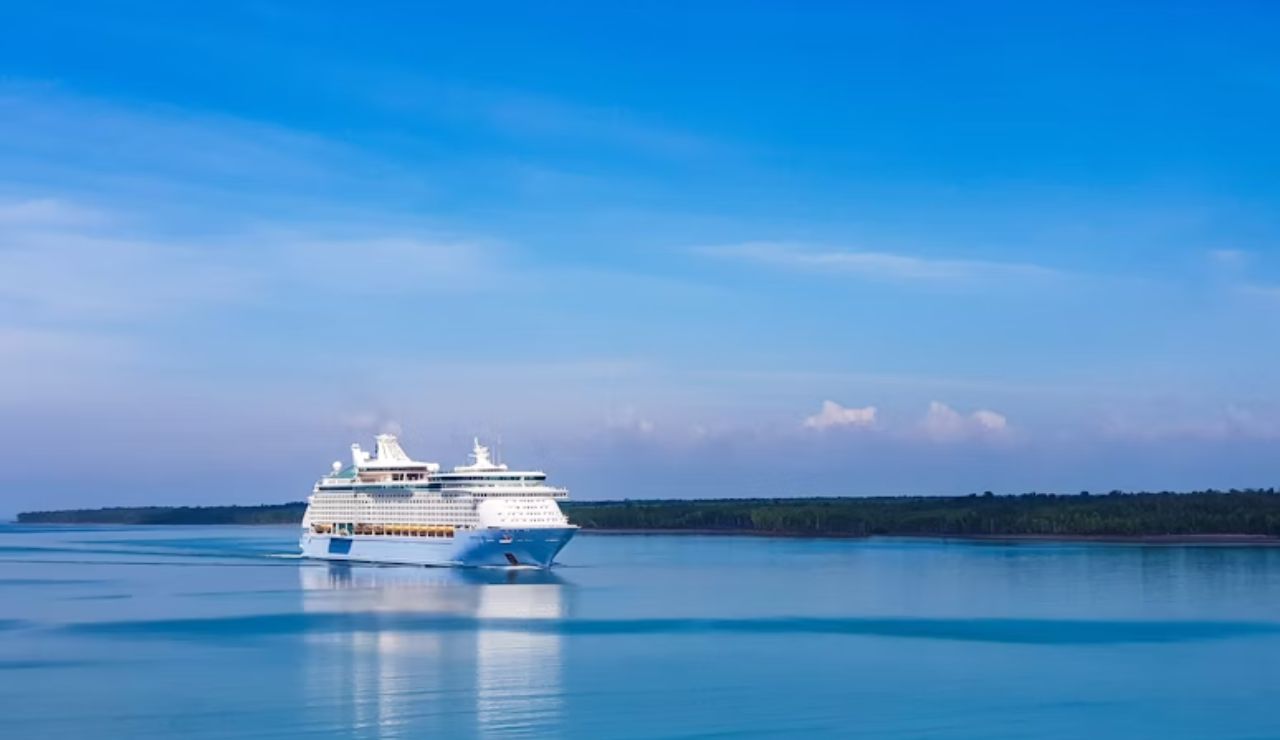
Not all ports are docked right in the city center. Some excursions require travel time to reach the actual experience. Always check how far the tour start point is from the ship and how long the activity lasts. If you’re in port for six hours, a five-hour tour with a 45-minute commute each way might cut it too close. Always plan with buffer time to avoid missing the ship, and don’t forget to consider tender ports, which take extra time.
Clarify Meeting Points and Pickup Times
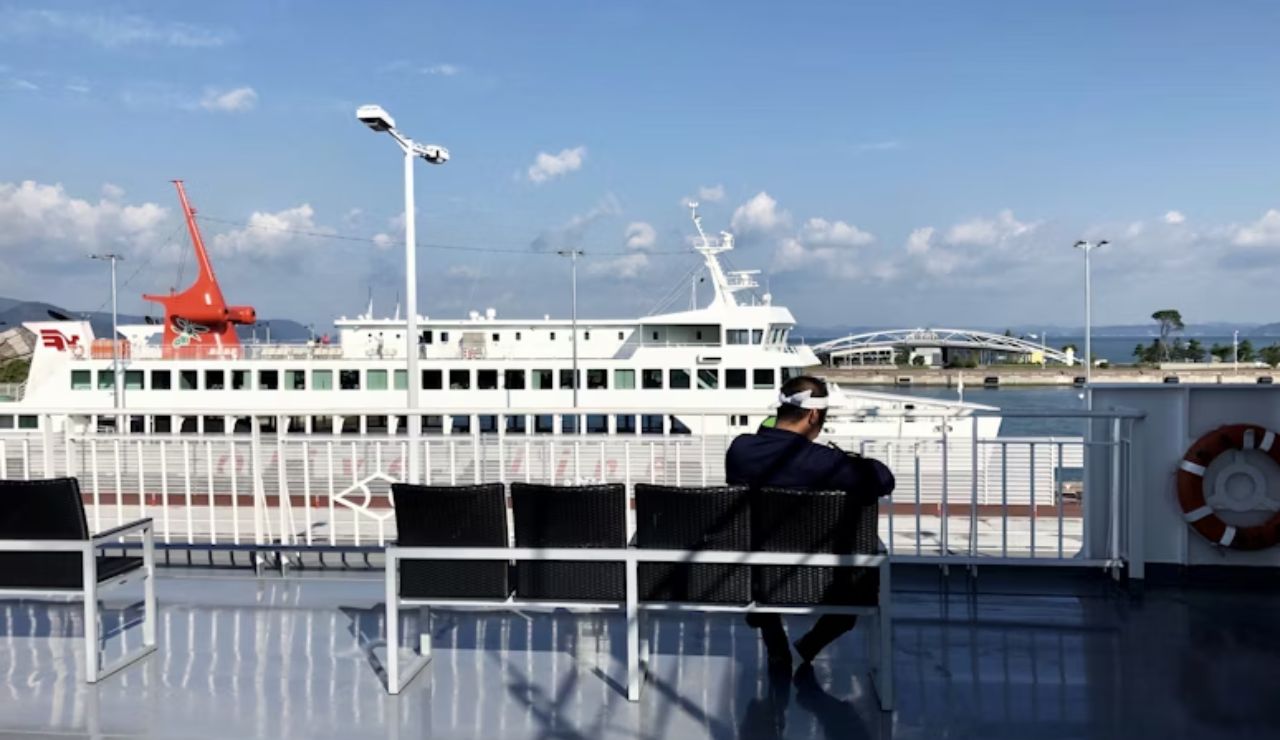
One of the most overlooked cruise tips: where and when to meet your guide. Local tours may not have access to dockside pickup, so you might need to walk outside port gates. That takes time, and it’s easy to get confused in large or crowded terminals. Confirm the exact meeting point, how to identify your guide, and what time to be there. A clear, easy rendezvous point reduces stress and keeps your day running smoothly from the start.
Don’t Wait Too Long to Book

Good excursions sell out fast, especially on popular routes like Alaska or the Mediterranean. Some unique tours only operate with small groups, so early booking is a must. While you can sometimes find deals at the port, don’t risk missing out on a once-in-a-lifetime activity. Booking ahead also gives you time to research properly, read reviews, and get your questions answered, rather than rushing into a last-minute, poorly planned tour.
Ask Questions Before Booking

If the tour listing leaves you with doubts, ask the operator. Questions like “What’s included?”, “Do you allow strollers?”, or “Is the activity suitable for seniors?” can help you assess if it’s the right fit. Responsible companies are happy to provide details. Don’t book anything unclear or vague. Whether it’s about physical difficulty, meals, tipping, or weather contingencies, knowing the answers in advance will help you avoid stress later.
Plan for Delays and Be Flexible

Even the best plans can change. Weather, traffic, or a late ship arrival can affect your excursion timing. Always have a backup plan in mind, or choose operators with flexible policies. If your tour gets canceled or altered, don’t panic, ask about alternatives or partial refunds. Also, expect the unexpected: a detour may lead to a surprise wildlife sighting or a better scenic viewpoint. A little flexibility goes a long way toward enjoying your day.
Always Prioritize Getting Back on Time
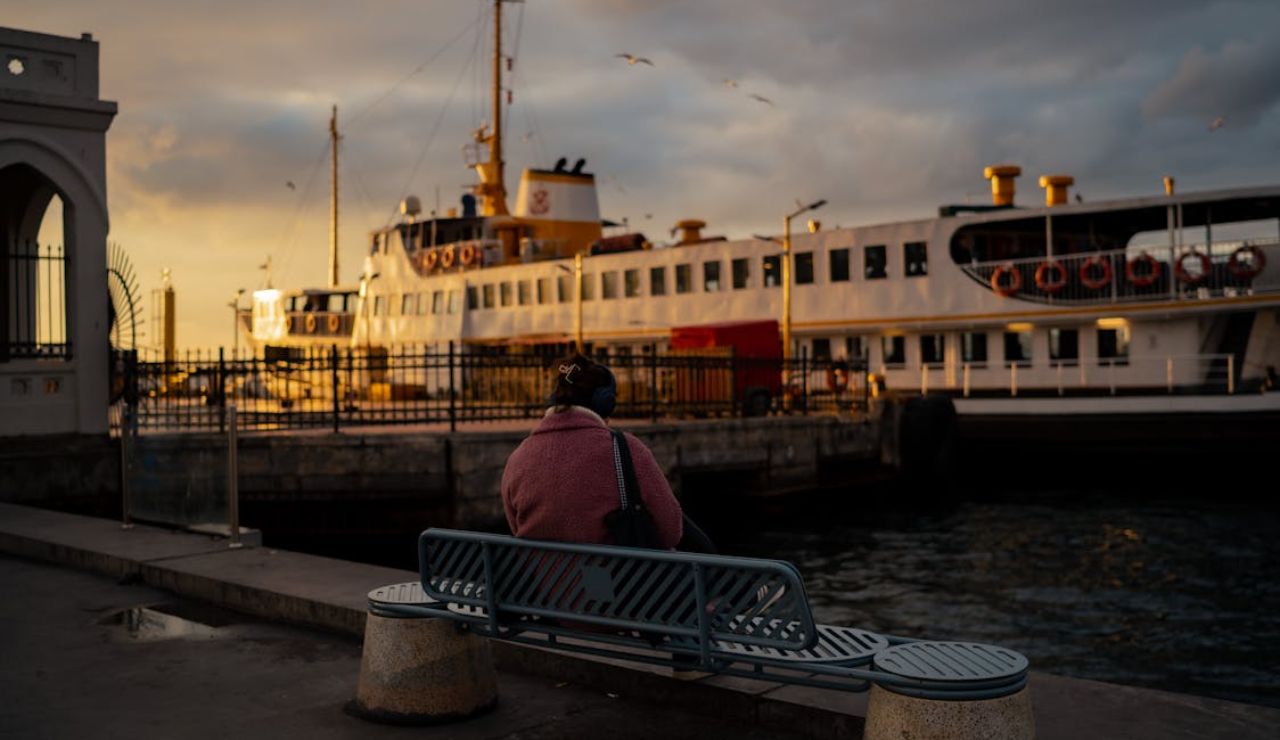
This is the golden rule. If you miss the ship, you’re on your own, and rejoining it could cost thousands. Cruise-line-sponsored tours are guaranteed to get you back on time, but independent tours aren’t. Always plan to be back at least 1 — 1.5 hours before “all aboard.” Check your watch, know ship time vs. local time, and don’t push your luck. It’s better to have extra time for souvenir shopping than to sprint back in panic.
Be Clear on What’s Included

Tour prices don’t always include everything. You might be quoted a rate that excludes entrance fees, lunch, or gear rentals. Ask for a breakdown of what’s covered so there are no surprises. Are drinks included during lunch? Will you need cash for tips or souvenirs? Knowing this helps you budget accurately and prevents disappointment. Bring some extra cash or a credit card just in case, you’d rather have it and not need it than the other way around.
Keep Essentials With You at All Times

Don’t forget the basics: ID, sunscreen, bottled water, backup charger, and the ship’s contact information. If your excursion includes swimming, pack a towel, change of clothes, and plastic bags for wet gear. Medications, snacks, and a rain poncho can also be lifesavers. Most importantly, always carry your cruise card and passport (if required at port). You’re responsible for getting back to the ship on time, so travel smart, and keep the essentials close.